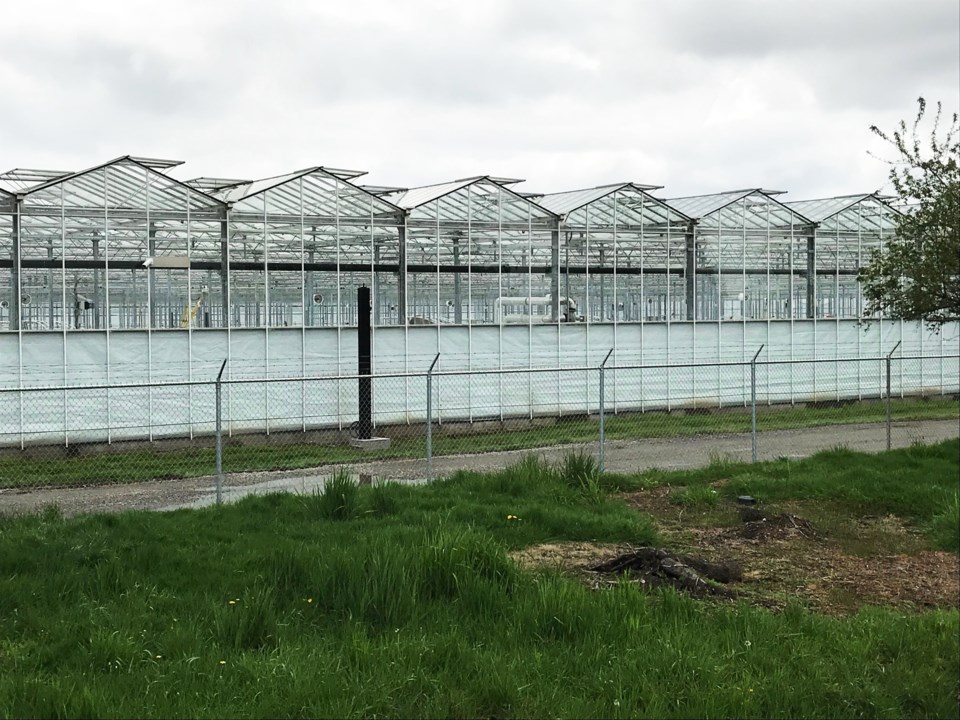Even more cuts are coming to Canada’s biggest cannabis company, which for a time had an East Ladner greenhouse set to become one of the world’s biggest.
In a further restructuring move, Canopy Growth announced another round of layoffs, this time at its Niagara-on-the-Lake and Smiths Falls locations in Ontario.
The Smiths Falls-based company wouldn’t not say how many employees were impacted this time around, but it’s the latest in a series of deep reductions over the last several months.
In March, the company closed its B.C. facilities in Delta and Aldergrove, resulting in the elimination of approximately 500 positions.
The facilities were called BC Tweed.
The greenhouses in B.C. accounted for approximately three million square feet of licensed production space and were put into commission, beginning in February 2018, after a period of phased retrofitting to help Canopy Growth scale up to supply the new Canadian adult-use recreational market.
“Nearly 17 months after the creation of the legal adult-use market, the Canadian recreational market has developed slower than anticipated, creating working capital and profitability challenges across the industry. Additionally, federal regulations permitting outdoor cultivation were introduced after the Company made significant investments in greenhouse production,” the company explained at the time.
Now vacant, the Delta greenhouse on Hornby Drive comprised over 1.7 million square feet of production space.
Providing cannabis for both the medical and non-medical markets, a variety of strains were to be grown and processed on site before being sent for packaging prior to delivery to a B.C. government distribution centre.
From there, cannabis was to be sent to government-run retail outlets as well as private stores, which could have also included those run by Canopy.
In a 2018 interview, Hilary Black, Canopy’s then director of patient education and advocacy, explained the goal was to ensure there was a sufficient quantity of product for the recreational sector and growing medical market.
While the company is scaling back in some of its operations, it’s expanding in others, recently announcing it will be open 10 brick-and-mortar retail cannabis locations across Alberta under its Tweed and Tokyo Smoke banners.



